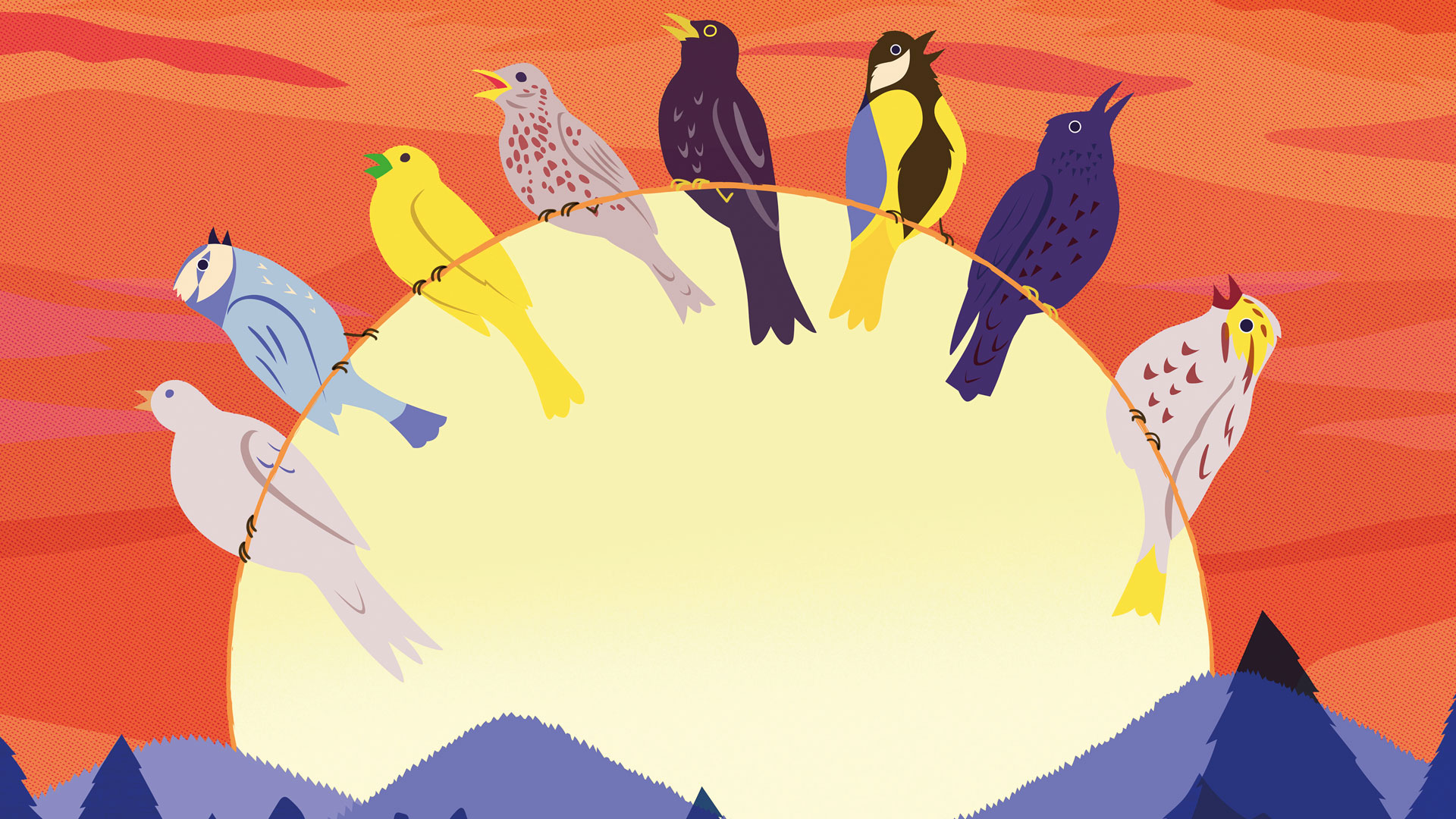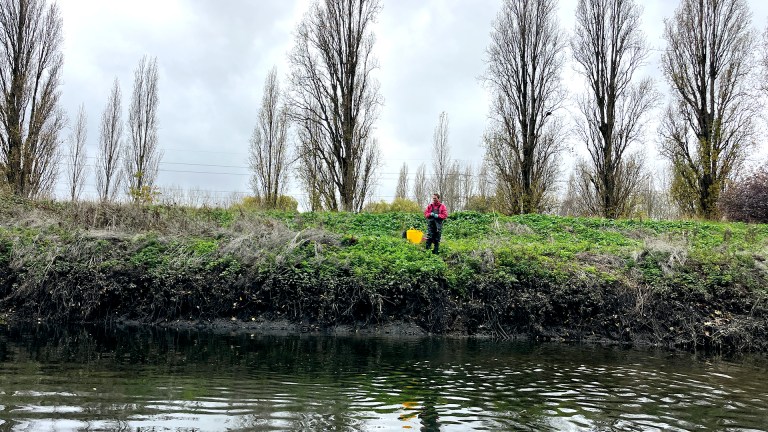One of the things that really surprises people the first time they hear it is how loud it is. During the day you hear birdsong among other noises. But if you are out just as the sun rises, the volume of the birds is almost deafening.
It happens when there is enough light for a bird to see, to know that it’s roosting or standing in a safe place away from predators, but not enough light or warmth to hop around finding food. At this time of year male birds have got to defend their territory and attract or keep a mate.
For the next few weeks it will grow and peak around May 6 when migratory birds are coming back so you have a much bigger choir. You might hear blackbirds, sparrows, starlings, blue tits, great tits. You might hear the distinctive call of the song thrush – it repeats its notes and phrases and it will find a note it likes, then move on to something else.
If you want to experience the dawn chorus, get up before sunrise. If you’re lucky enough to live somewhere you are surrounded by trees you can throw open the window and listen in bed. If you don’t, find out where your nearest park or nature reserve is, but check it’s open at that time in the morning, don’t make the mistake of turning up and finding the gates locked. And just stand or walk through it quietly.
Enjoy the dawn chorus with RSPB
The RSPB runs dawn chorus events with special guided walks. If you go out on your own, you don’t have to know all the birds that are singing, but it makes it more interesting and it’s good to learn a few likely ones. You can hear them on the RSPB website before you go.
Nightingales are very famous for their song – although one probably didn’t sing in Berkeley Square – but in the last few decades both they and turtle doves have had serious population crashes. Its habitat is scrub, bushes, things like hawthorn, but those areas get developed and built on. We have a campaign at the moment to try to saveone of their most important habitats.









